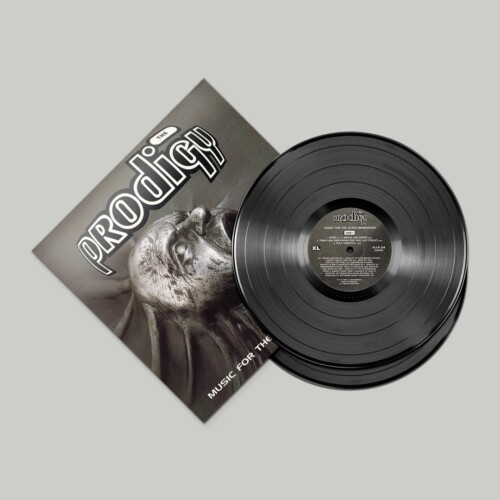My first introduction to The Prodigy was through their iconic track “Out of Space” from their debut album, Experience. This album is a masterpiece in its own right, showcasing the band’s exceptional talent and innovative approach to electronic music. However, it was their second album, Music for the Jilted Generation, that completely spun my head around and cemented The Prodigy as a pivotal influence on my musical journey.
Released in 1994, Music for the Jilted Generation encapsulates the raw energy and rebellious spirit of the rave culture, blending electronic music with elements of rock, and punk. The music contains industrial beats relentless breakbeats and embodies the term “electronic punk.”
Tracks like “Their Law” and “Break and Enter” perfectly represent the direction the band wanted to move forward, with heavy guitar riffs and dark, explosive beats.
One of the standout tracks, “Poison,” combines heavy basslines with sharp, biting vocals, making it a favorite among fans of both electronic and rock music. “No Good (Start the Dance)” features fast-paced beats and an infectious hook that has become a classic anthem in the rave scene. The atmospheric “3 Kilos” provides a more introspective moment, demonstrating the band’s versatility and depth.
While Music for the Jilted Generation holds a special place as my classic, The Prodigy’s third album, The Fat of the Land, is another cornerstone of their discography. Released in 1997, this album features massive hits like “Firestarter” and “Breathe,” further solidifying the band’s reputation for pushing boundaries and redefining genres. Both albums are pivotal in understanding the evolution and impact of The Prodigy’s music.
What makes Music for the Jilted Generation a classic for me is its versatility and enduring appeal. Its raw, unapologetic energy captures the spirit of an era and continues to inspire and energize.
